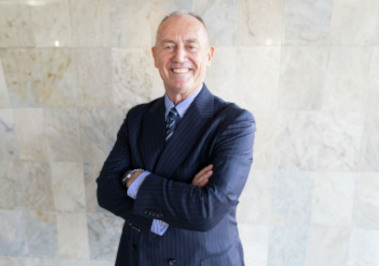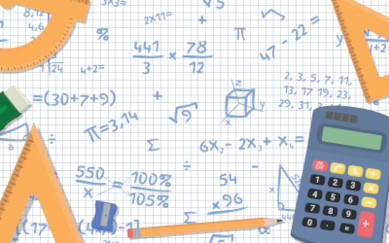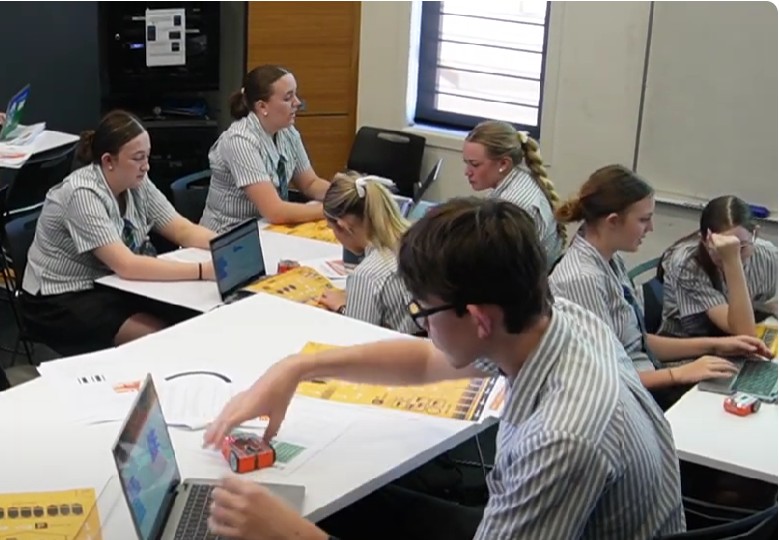
- Details
- Education and learning
EXCELLENCE doesn’t happen by chance. That’s the message from neuroscience and education expert Dr Ragnar Purje, who is urging educators and policymakers to prioritise skills, knowledge and deliberate effort in shaping both learning outcomes and society at large.

- Details
- Education and learning
DROPPED calls, loss of signal and lag – we’ve all experienced the frustrations of poor mobile phone connectivity. But one CQUniversity PhD graduate has found practical solutions to better manage mobile networks in our increasingly hyperconnected world.

- Details
- Education and learning
A NEW approach to teaching mathematics is winning hearts, minds and accolades across classrooms, thanks to Responsibility Theory developed by Dr Ragnar Purje, an Adjunct Senior Lecturer at CQUniversity.
In his recent article published in The Educator, Dr Purje outlines how integrating Responsibility Theory with cognitive neuroscience, explicit teaching, repetition and sequence learning is reshaping students’ attitudes towards mathematics – and dramatically improving their performance.
"For too long, we've heard students say 'I hate maths'," said Dr Purje. "But through this approach, we are hearing something entirely different: 'I love maths.'"
The Responsibility Theory NeuroNumeracy Program developed by Dr Purje was rolled out across Prep and Grade 1 classrooms, emphasising self-empowerment, peer collaboration, hands-on activities using tools like LEGO, and the powerful impact of repeated practice.
Within 10 weeks, students shifted from struggling with basic numeracy to confidently and enthusiastically solving problems – often instinctively.
Dr Purje’s research draws on established theories by William Glasser, Carol Dweck and John Sweller, highlighting that intrinsic motivation, responsibility for one’s learning, and neurological reinforcement through repetition are critical to educational success.
His findings reinforce the idea that great teaching is not just about instruction, but it is about inspiring students to take ownership of their learning journey.
"True learning begins when students realise they have the power," Dr Purje said.
"Through Responsibility Theory, we see students not just improving at maths – we see them embracing a mindset of lifelong learning and self-belief."
The program’s success suggests a new frontier for education, where cognitive science meets classroom practice, and where rote learning and deep conceptual understanding work hand in hand.
Supported by Professor Ken Purnell, Head of Neuroscience at CQUniversity, Dr Purje continues to lecture to preservice teachers, preparing the next generation of educators to implement this transformational method.
As calls grow for education systems to rethink how they engage students in foundational subjects like mathematics, Dr Purje believes Responsibility Theory offers a hopeful, evidence-based pathway to fostering capable, confident and motivated learners.

- Details
- Education and learning
ABOUT 50 high school students in Rockhampton took to coding and robotics to learn about how technology is changing careers in agriculture, thanks to a series of microcredential courses designed to upskill their teachers.
